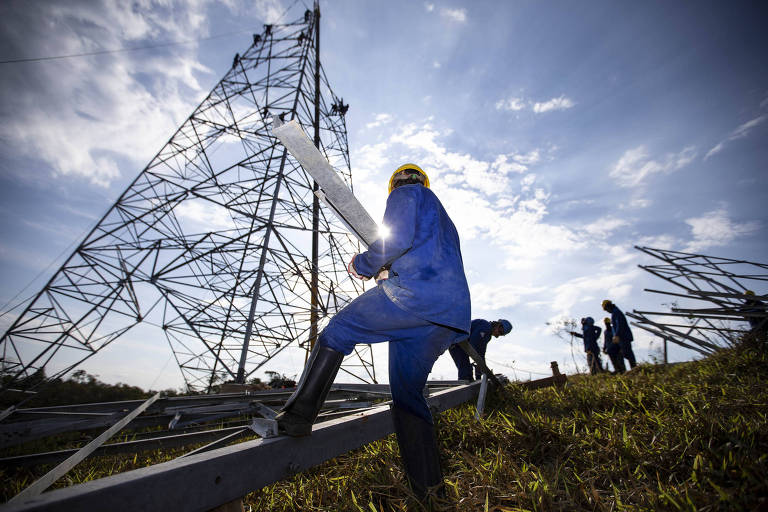After the recent investment boom in Brazil, Chinese companies are hitting the break and taking time to "digest" their billion-dollar acquisitions in the country.
Between 2016 and 2017, spending was of at least US$ 22.6 billion (equivalent to R$ 92.4 billion in the present currency exchange), according to data from Datalogic consultancy, which don't take into account transactions with undisclosed amounts.
This year, however, projects with Chinese capital accounted for only US$ 1.3 billion (R$ 5.3 billion), according to a study from the Brazilian government - which has been tracking the indicator only since last year.
One of the reasons for the decrease is the fact that many of the big Chinese businesses are already settled in Brazil, and now they are going through a consolidation phase, says Renato Ajimura, superintendent of Japanese bank MUFG, one of the main financial advisors for Chinese companies abroad.
"Also, there are fewer assets in the market this year," he says.
Lack of infrastructure government auctions, in the middle of an election year, is one of the main factors for the investment slow down, according to Daniel Lau, a partner at KPMG, the consultancy responsible for the Chinese projects.
Despite the hindrances, there is one common agreement: China didn't lose its appetite for Brazil, especially regarding infrastructure, and there is space for companies still out of the country to make significant acquisitions.
Charles Tang, president of the Brazil-China Chamber of Commerce and Industry, see opportunities for new actors even in the energy industry, which received the bulk of Chinese investment over the last few years.
Translated by NATASHA MADOV
Read the article in the original language
